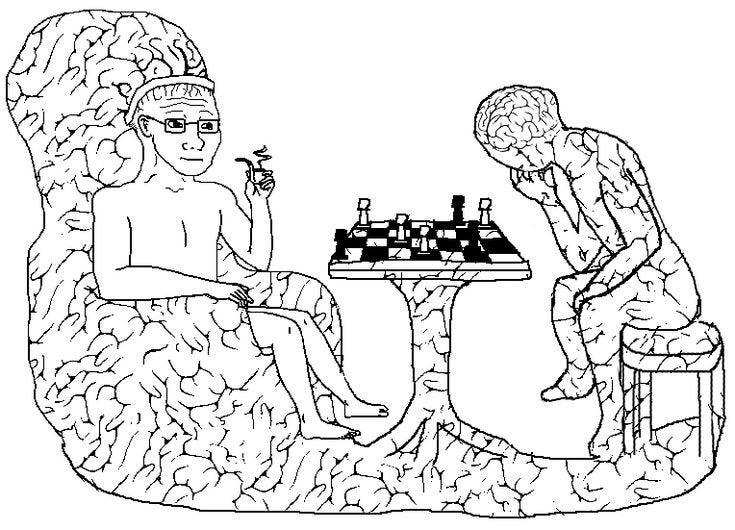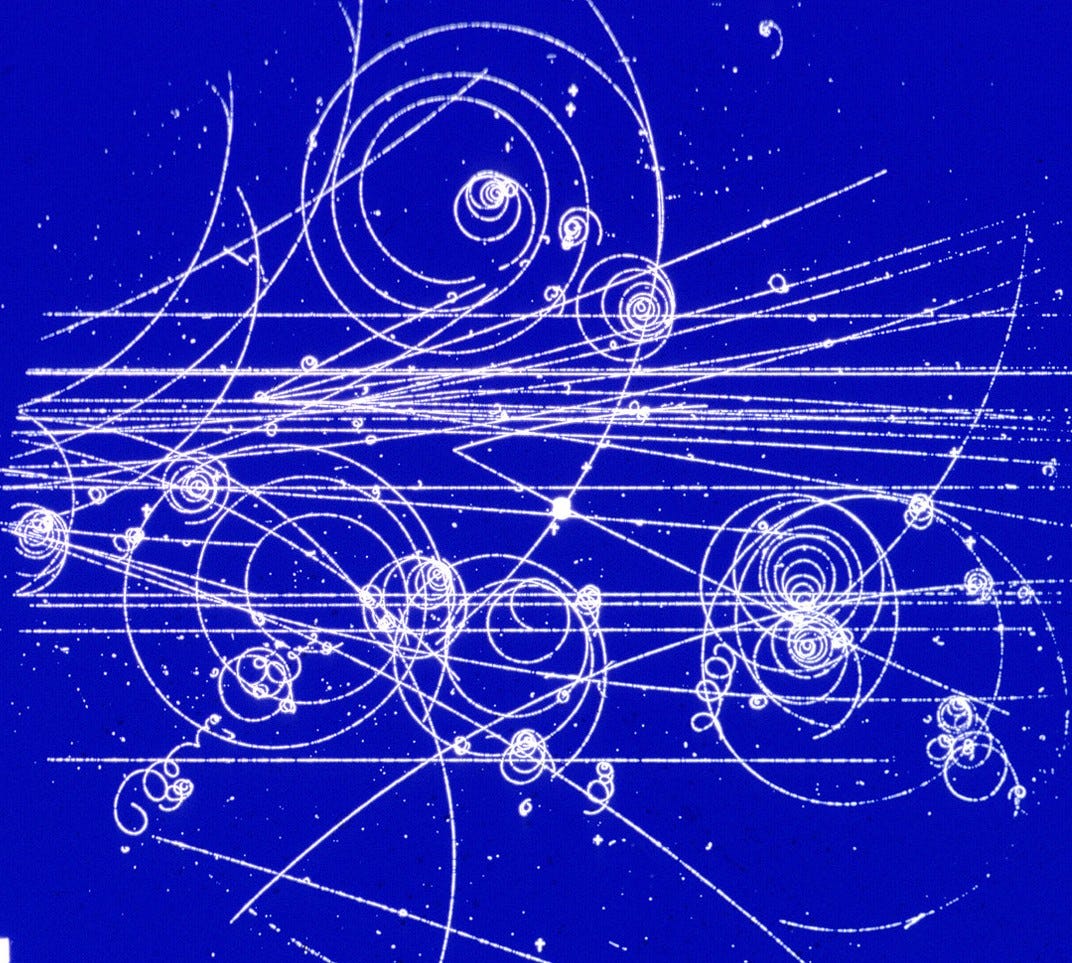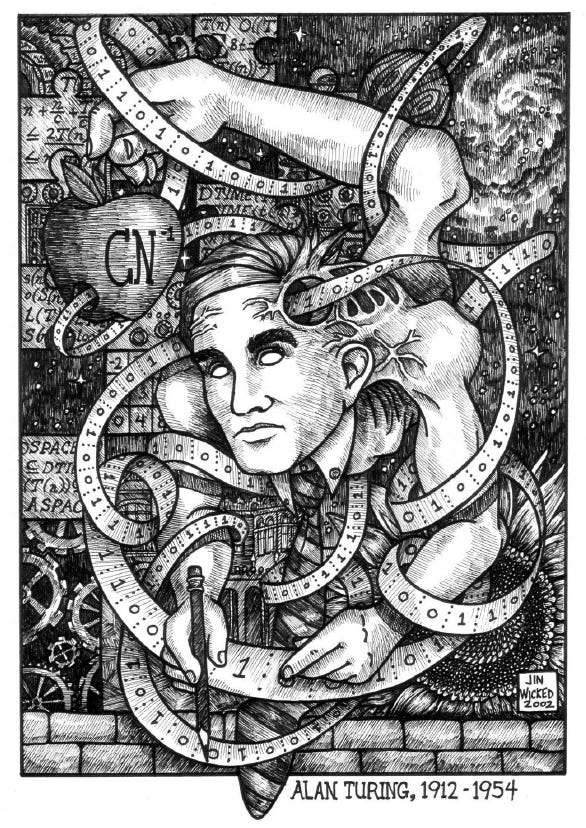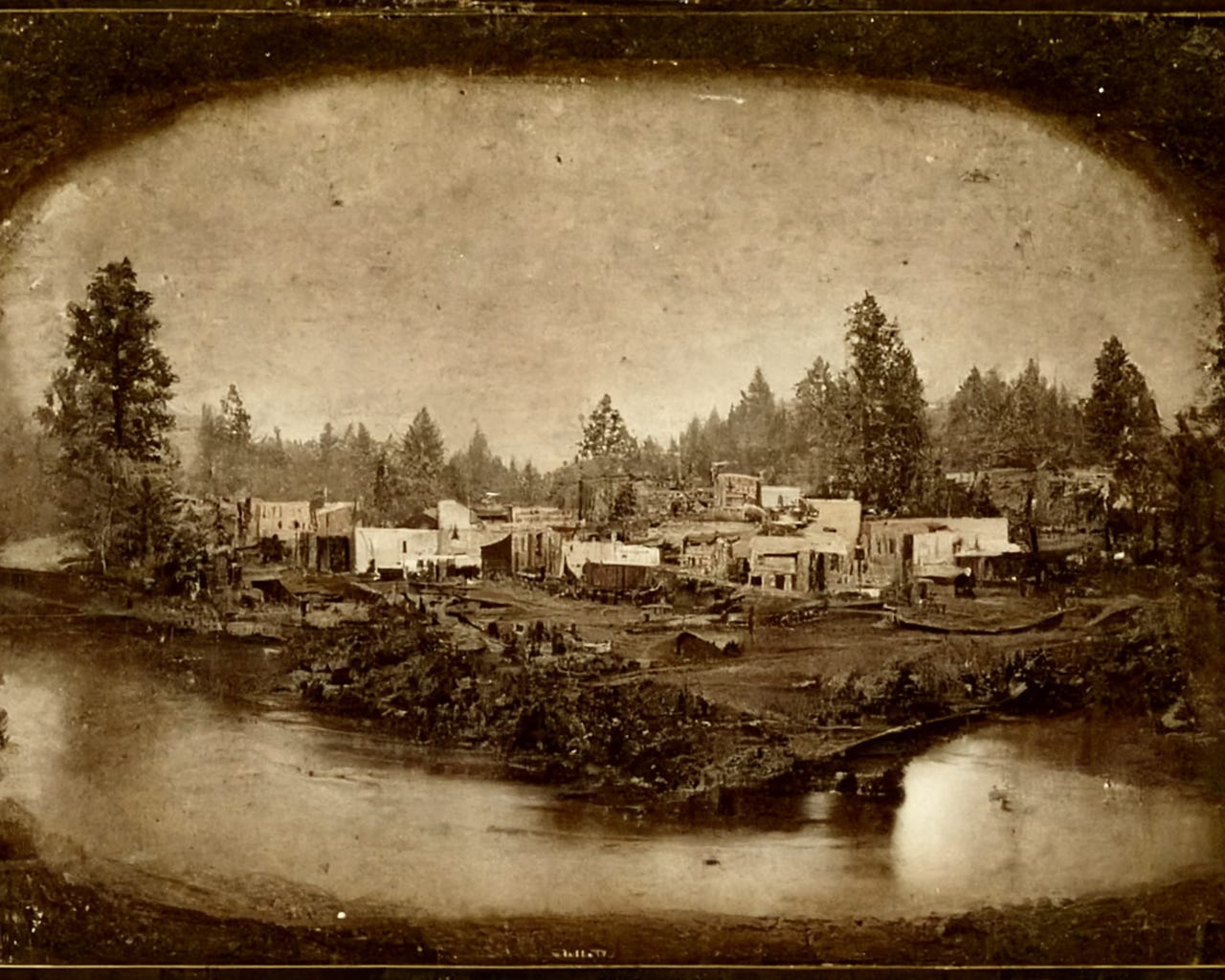Simulation Hypothesis is pseudophilosophical bro-science. It’s main purpose is to serve as a vehicle for the one speaking about Simulation Hypothesis to make themselves sound quite clever for thinking about such things. Galaxybrain intellect flex.
There's nothing there and I'll tell you why. Or rather to be more precise, it doesn’t matter whether there’s anything there or not.
Let's accept we are in a simulation.
Ok! It's a simulation!
You still have to go to work tomorrow at your simulated job so you can pay your simulated mortgage on your simulated house. You still feel simulated love for your simulated partner and simulated family. The girl in the red dress still captures your attention in the simulation.
1+1 still equals 2 in the simulation. Simulated isotope particles that smash into each other in simulated large hadron colliders still decay into observed simulated subatomic particles.
What would you do different from your real life if you realized reality was actually a simulation? If you think there is any delta between what you would do in your real life versus in a simulated real life, is that even a valid position to have?
Suppose your friend gets in a car accident and has to get a prosthetic leg. Is he still the same guy afterwards? Of course he is.
As a thought experiment, let's continue swapping out his body parts as a result of this accident.
Say the accident required another prosthetic arm. Another prosthetic leg. Let’s suppose technology existed such that we could swap out exactly the 1 damaged neuron with an artificial one that was a perfect copy and functioned in the exact same way as the biological neuron. Is he still the same friend now, when you talk to him? And how about after another neuron is swapped, and then another? Keep swapping neurons for perfect digital neuron copies, and at some point your friend could hypothetically reach a state of being entirely synthetic down to every atom, in this thought experiment.
My question is, at which exact point during the body component swapping and all the way down through neuron swapping… at which point exactly was your friend no longer the same guy during this step-by-step transformation?
The fact that humanity hasn’t converged in agreement on the answers to this thought experiment is the reason that there’s a wikipedia page that exists for Simulation Hypothesis at all.
Dualism is still a very widespread if not dominant view. Convincing AI to provide a rough estimate of the global population holding dualist views yielded about “60-70%”, but my personal intuitive guess it that it’s probably higher than that.
So many of us romantically want to believe there is some magical “secret sauce” component to what makes us human. Some very smart, scientific-worldview people think that “yes, thinking happens in neurons and my behaviors are a regulated by serotonin norepinephrine, adrenaline, dopamine and the like, but there’s an additional ‘special sauce’ sprinkled on the top of that that makes me me, though I can’t exactly say what it is.”
However as a non-dualist, for me the thought experiment is very clear:
of course your friend would still be the same person after he was replicated down to the atom-by-atom level. Why wouldn’t he be? He is not any less of the same person with a prosthetic arm, nor a few prosthetic elements. What is one piece of evidence that indicates he wouldn’t be the same person when made of entirely prosthetic atoms that functioned like perfect replicas of the atoms they were replacing?
The fact that there is so much divergence in the answer when people are pressed about ‘where is the exact point in which your friend is no longer your same friend anymore’ is evidence of how murky our understanding is. There are not really fully-agreed upon definitions of words like “consciousness” “soul” “eternity”. So how can I make a judgement at all on whether or not I have a soul? Or on whether this reality is the real reality?
In what way is a simulated reality not a real reality?
Simulations are still real things that happen in reality.
We want there to be some “special sauce” that you have to sprinkle on to create real reality, and to think this simulated reality is not “the truth” because the sauce is only sprinkled on vaguely “out there”, outside the simulation you know, in “the real real world”.
But there is no special sauce.
Simulation Theory is a nonsensical tautology, because gaining an answer to the simulation hypothesis changes nothing. There are no different actions you would take if you were informed you were living in a simulation, versus learning for sure that this reality is real reality.
Yes, of course this is a simulation, bro, that question is boring af.
This is the exact simulation that runs when you have the exact same number of particles and energies our universe has in exact same configurations as ours are. The universe is literally a computer carrying out that exact computation, or if you want, simulation.
To accept “this is a simulation” means at minimum that real reality can contain within it simulated realities which can themselves be perceived as real realities.
Of course we are in real reality and of course reality is simulated. Can someone tell me not about Simulation Hypothesis itself, but a single reason about why it’s consequential to think about at all?







Good stuff.
For me, the solution(?) seems obvious: yes, reality as we perceive it is a simulation - one produced by our brain. That's it. No need to superimppse a sci-fi layer of technological simulation narrative on top of it.
Joscha Bach has some pretty great lectures that touch on that angle
Agreed. Nobody cares except those a who don't seem to have more important things to think about.
Also, you may want to refer to the Ship of Theseus.
https://en.wikipedia.org/wiki/Ship_of_Theseus